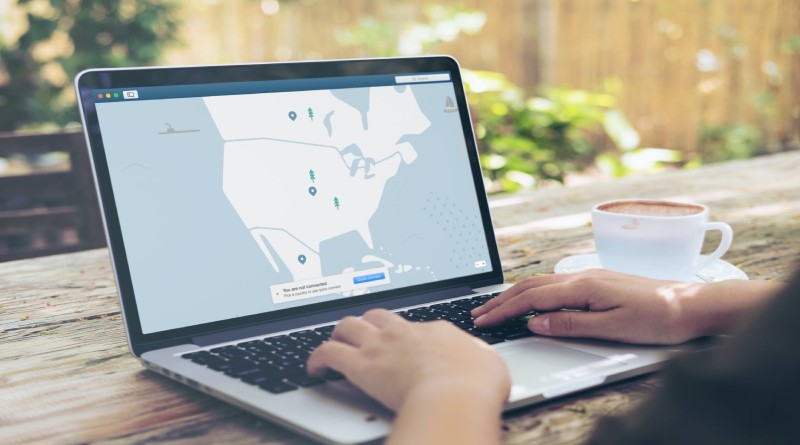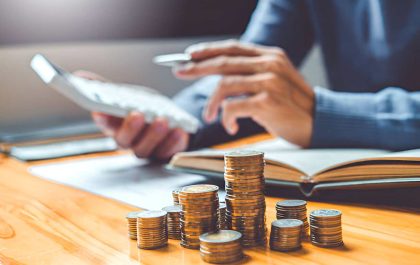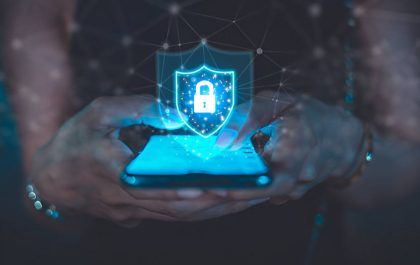Online Snooping: “Arguing that you don’t care about the right to privacy because you have nothing to hide is no different than saying you don’t care about free speech because you have nothing to say.”
Edward Snowden, an American whistleblower, famous for leaking highly classified information from NSA, said those words once. The right to privacy is one of the fundamental human rights. Most countries’ constitutions state that everyone, with no exceptions, has the right to protect their private and family life, and no one should be obliged to disclose them.
Now, think about the internet. How much beyond the constitutional rule, does it go today? How is safe your privacy online? A regular internet user exposed to so many possible hackers attacks at once. Phishing, viruses, ID thefts, snooping, data leaks… All can happen, and unfortunately, all do happen.
Do not get fooled if you have not experienced any form of hacking mentioned above. If you use the internet, you observed. Some may say that there is nothing they want to hide, and online snooping is none of their business. Surveillance affects your life, like it or not. With so much exposure on the internet today, your privacy right is continually being at stake.
You must protect it. That is why we have come up with six tips on how to protect yourself from online snooping.
Table of Contents
ToggleRule 1: VPN.
Those three letters can turn out to be a lifesaver. VPN stands for Virtual Private Network, a tool that allows your device to connect to the internet through another server than your own. It changes your IP address to a one that can be found somewhere else in the world. Using a VPN has numerous advantages, such as gaining anonymity, getting access to region-restricted websites, or preventing yourself from online snooping.
Should you be new to the subject, it is reasonable to do some research before choosing the perfect VPN. Fortunately, many websites, such as https://securitygladiators.com/5-best-vpn-for-us/, have created VPN rankings, to make the task easier. By the rule of thumb, if a VPN ranks well in comparisons, it is probably worth a try.
Rule 2: Secure the devices.
Mobile phones nowadays could also be called the mines of knowledge. From private contacts, through bank account passwords, to selfies – people tend to store almost every private data on their phones. It makes sense to secure it properly. Luckily, you can achieve high-quality protection of your mobile device easily and quickly. Each day plenty of people have their phones stolen or lost. Save the sensitive data from the snoopers before it is too late.
Rule 3: Passwords.
It is very likely that you already know your password should not be the name of your spouse nor children with “123” added at the end. To be considered secure, the password needs to be long enough, including capital letters and numbers. Creating a new password for every virtual account that you own may seem tedious and tiring at first. It is, however, worth its time. Would you want to be snooped, or even hacked, only because you have set a lazy password?
Rule 4: Private mode.
Most of the common browsers offer their users a private mode feature. It is one of the most basic ways of protecting yourself from snoopers. Incognito mode disables cookies tracking your every online movement. This solution may not guarantee 100% security. Nevertheless, it is better to use it, even if it helps just partially.
Rule 5: Delete unnecessary accounts.
If there is an app that you liked a couple of years ago but do not use it anymore, consider deleting the account you have once created there. Keeping those old accounts creates more space for the snoopers and hackers to access your data. There is no reason for you to increase the probability of being snooped and getting hacked. Get rid of the accounts.
Rule 6: Encryption.
Encrypted cloud storage and encrypted messaging are only examples of how you could use encryption to secure your privacy. That form of protection requires you to use external apps such as Signal for the messages, or SpiderOak for the cloud. They encrypt the personal data locally, which means only you can unlock it and access it.
Conclusion
Protecting online privacy is of the utmost importance. Nowadays, online snoopers can get access to personal data almost anytime. Be mindful of the information you store on your phone, the websites you visit, the accounts you hold, and the passwords that you use. On top of all the actions, you can take to keep a low profile, be responsible, and take good care of your online reputation. If you say there is nothing you want to hide online, make it a truth.
Divya J
Related posts
Hot Topics
Everything You Need to Know About a Savings Plan in 2025
A savings plan is a financial tool that offers the combined benefits of insurance & growth. This ensures financial security…
Mobile Threat Defense: The Silent Shield Behind Every Secure App
Mobile apps are found everywhere in India’s rapidly developing digital landscape—from banking and online shopping to healthcare and learning. And…



